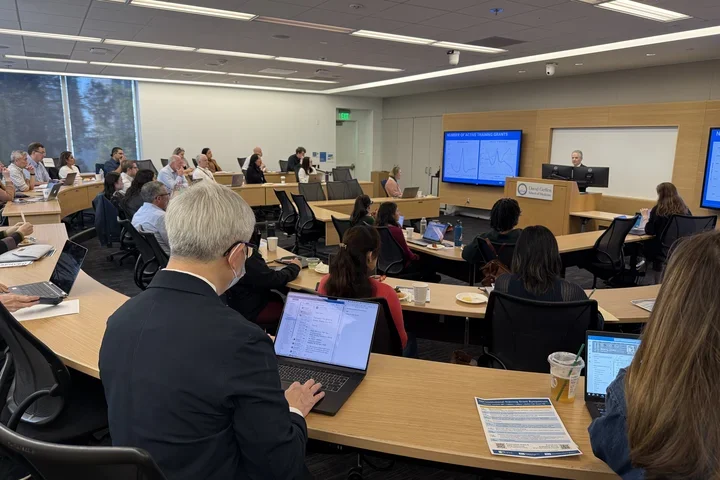UCLA study links progenitor cells to age-related prostate growth

As the prostate enlarges, the risk for cancer and other diseases increases. The prostates of older mice contain more luminal progenitor cells—cells capable of generating new prostate tissue—than the prostates of younger mice, UCLA researchers have discovered.
The observation, published in Cell Reports, helps explain why, as people age, the prostate tends to grow, leading to an increased risk for prostate cancer and other conditions.
“Understanding what’s causing the prostate to grow with age helps us to consider strategies to prevent the expansion of these cells and possibly reduce a person’s risk for prostate growth or disease,” said Andrew Goldstein, member of the Eli and Edythe Broad Center of Regenerative Medicine and Stem Cell Research at UCLA and a UCLA assistant professor of urology and of molecular, cell, and developmental biology.
Read the full story in the UCLA press release.
Goldstein, senior author on the publication, is a CTSI-supported investigator.
Image source: UCLA Broad Stem Cell Research Center/Cell Reports
Image caption: Cellular images of a young mouse prostate (left) and a prostate in an older mouse (right). The older prostate contains more luminal progenitor cells (brown).



